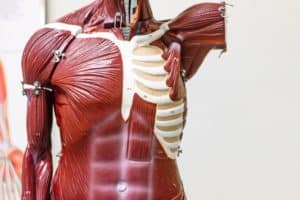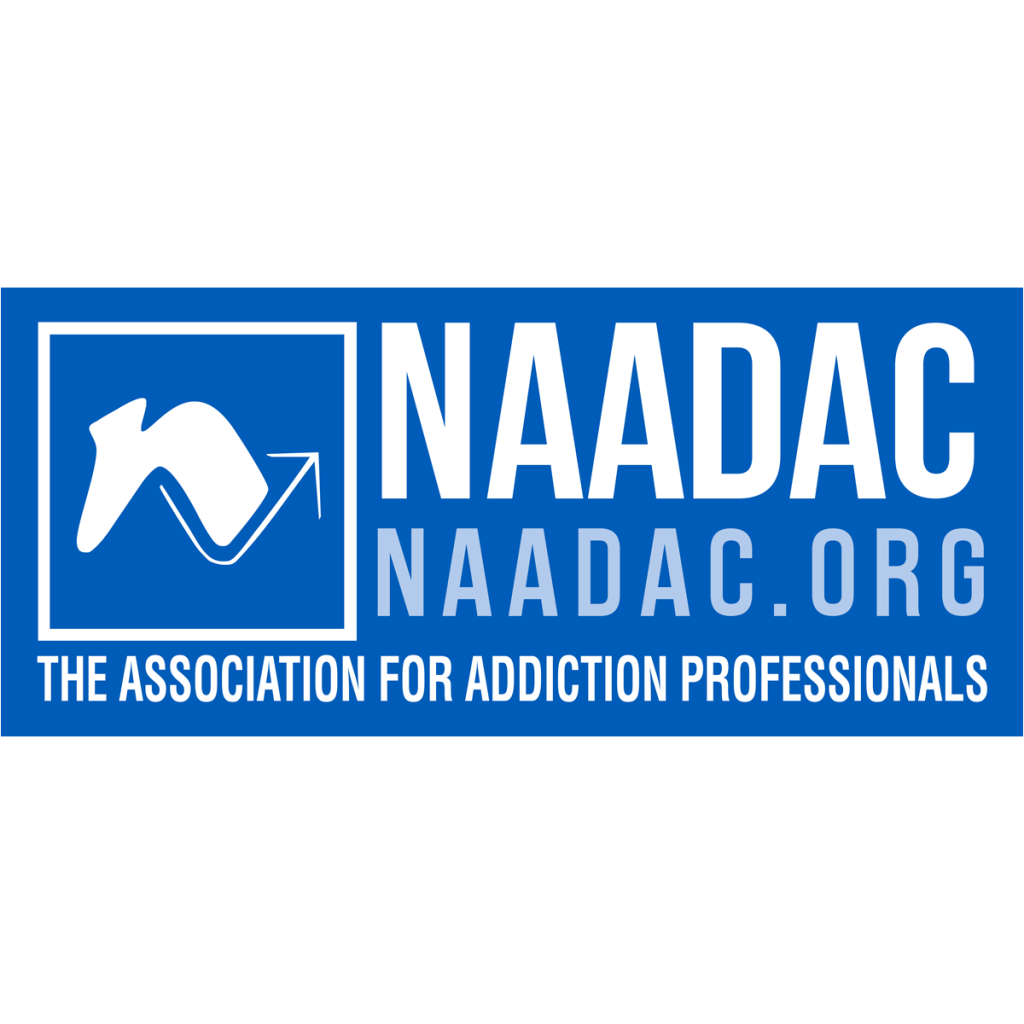
Understanding the Biological Model of Addiction: What You Need to Know
Everyone is familiar with the idea of addiction, but the Biological Model of Addiction offers a unique and in-depth perspective on this complex phenomenon. It is a comprehensive and detailed explanation of how addiction develops and affects the individual, their brain, and the surrounding environment. It can be an invaluable tool in understanding addiction and the effects it can have on an individual’s life. This article will provide an overview of the biological model of addiction, looking at the key elements and how they interact to create an addictive cycle. It will also discuss the implications of this model for the treatment and prevention of addiction. By the end, you will have a better understanding of the science behind addiction and how you can use this knowledge to help yourself and others.










